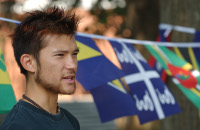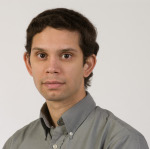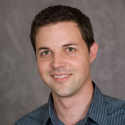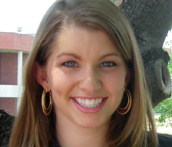Register for Living Game Worlds IV

LCC’s Digital Media Program and the GVU bring together the vanguard of digital gaming for the 4th annual Living Game Worlds symposium to be held December 1-2, 2008. Raph Koster and Chris Klaus headline this year’s conference which will showcase “InterPlay,” networked online play and the rapidly growing domains of multiplayer games and virtual worlds. Also featured will be a Pioneers panel with luminaries Richard Bartle, Brian Green, Chip Morningstar, Randy Farmer and Pavel Curtis.
Discounted Registration continues through November 24.











